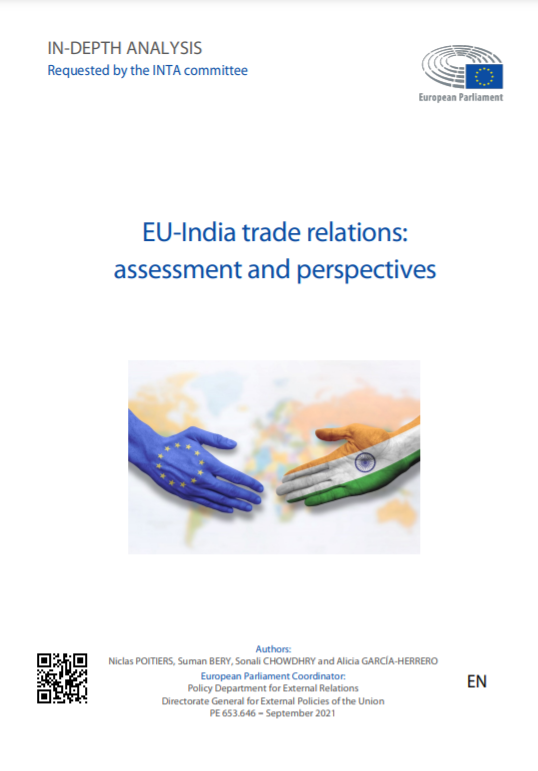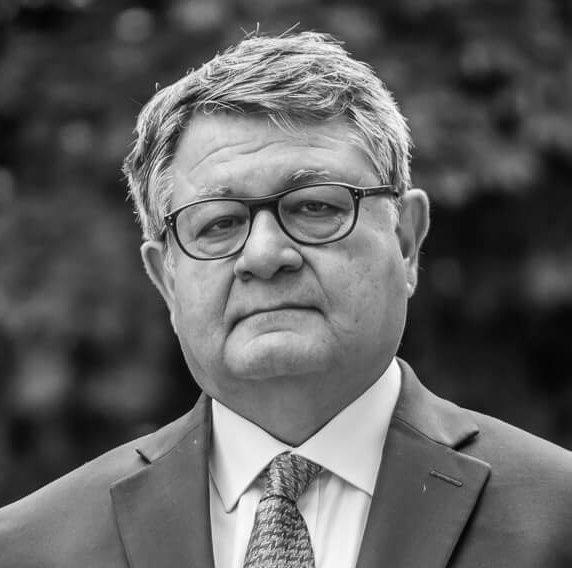Blog Post
Realizing the Indian dream
It is probably too early to say with certainty that India will soon take its place as the world's third largest economy, behind China and the United States. But, given that India's investment climate seems to be improving, that moment might not be too far away.
It is not often that I get to wear two hats at once. But that is exactly what happened earlier this month, when I spent a few days in New Delhi.
I was in India primarily as part of my current role as Chairman of a review for the British prime minister on anti-microbial resistance (AMR). But my visit coincided with the presentation of India’s 2015-2016 budget, the first under Prime Minister Narendra Modi. Given some of my other interests and experiences, I found what was presented to be very interesting.
India’s economy has recently grown – in real terms – slightly faster than China’s
Following recent revisions to its GDP figures, India’s economy has recently grown – in real terms – slightly faster than China’s. A key feature of my research into the BRIC economies (Brazil, Russia, India, and China) more than ten years ago was that at some point during this decade, India would start to grow faster than China and continue to do so for dozens of years.
The reasoning is straightforward. India’s demographics are considerably better than China’s, and the size and growth rate of a country’s workforce is one of the two key factors that drive long-term economic performance – the other being productivity. Between now and 2030, the growth rate of India’s workforce will add as much to the existing stock of labor as continental Europe’s four largest economies put together. India is less urbanized than China, and it is in the early stages of benefiting from the virtuous forces that normally accompany that process.
But there is a catch. When it comes to productivity, India has been a laggard. Unless it finds a way to improve, the country’s demographic profile could become a burden rather than a benefit.
In this regard, Modi’s first full budget did not include anything dramatic. But if a number of initiatives are successfully implemented, the economy should receive a real boost. Indeed, the budget’s main feature is its commitment to investments in public-sector infrastructure, even at the expense of raising next year’s deficit from 3.6% to 3.9% of GDP.
I have argued for several years that India should emphasize investment spending, so I welcome this shift. The budget also includes a number of other helpful measures, such as the reduction of the corporate-tax rate and efforts to improve the business environment.
My visits as chairman of the AMR review also allowed me to witness some encouraging signs. In my book The Growth Map, I describe my unforgettable first visit to Gurgaon, a municipality near Delhi that serves as a regional financial and industrial hub. Gurgaon is home to a lot of high-flying technology firms, and on this trip I visited one of India’s leading diagnostics companies, SRL Diagnostic, which is developing tools that could improve the use of antibiotics.
The last time I made the trip from the Oberoi hotel in New Delhi to Gurgaon, it took well over 2.5 hours to travel the 30 kilometers. Though a new freeway was under construction, the building site was full of cars and animals. As a result, traffic was in a state of chaos, and it was impossible for any roadwork to be done.
I had always promised myself that the next time I took the trip, I would somehow repeat the exact journey. I am pleased to say that the drive now takes less than an hour and the experience was much less dramatic. Moreover, the hotel car that made the journey provided free Wi-Fi – the first time I have come across this anywhere in the world.
By 2017, India could surpass Italy and Brazil to become the world’s seventh largest economy
It is probably too early to say with certainty that India will soon take its place as the world’s third largest economy, behind China and the United States. But, given that India’s investment climate seems to be improving, that moment might not be too far away. By 2017, India could surpass Italy and Brazil to become the world’s seventh largest economy; by 2020, there is a reasonable chance that it will overtake France and the United Kingdom to become the fifth largest.
Overtaking Germany and Japan, however, will require bolder steps, especially regarding education, health, and economic policy. India will need to improve its education system dramatically, both at the secondary and tertiary level, and make similarly large advances in basic sanitation (not to mention implementing my review’s recommendations for combating AMR).
These developments, along with a more stable framework for monetary and fiscal policy, could lead to the type of double-digit growth that China has enjoyed for the past three decades. It is up to India’s policymakers to realize this ambition.
This article was originally published in Project Syndicate
Republishing and referencing
Bruegel considers itself a public good and takes no institutional standpoint. Anyone is free to republish and/or quote this post without prior consent. Please provide a full reference, clearly stating Bruegel and the relevant author as the source, and include a prominent hyperlink to the original post.








